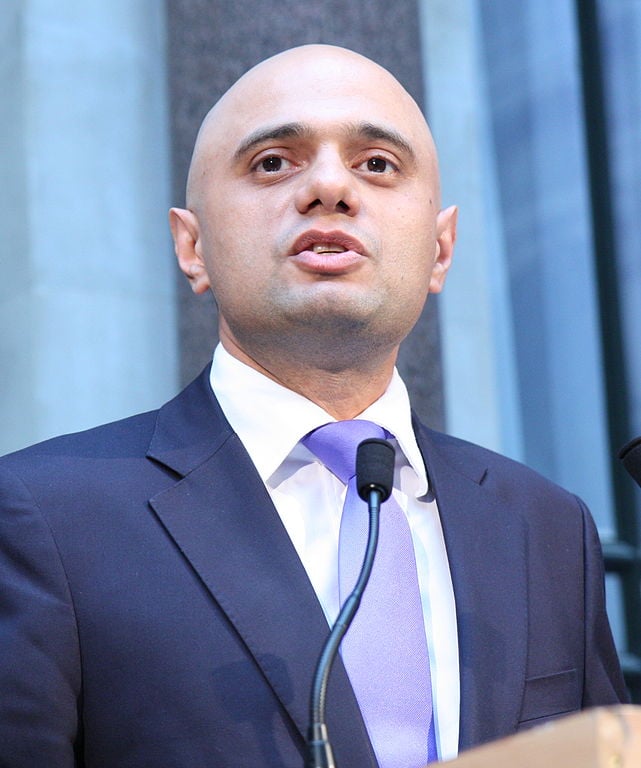The sale of the Green Investment Bank (GIB) is underway after Sajid Javid announced earlier today that the Department for Business, Innovation & Skills (BIS) was inviting private investors to register their interest.
The government expects the bank to be sold by the end of April 2017 and will involve both the sale of existing shares owned by the government and also the commitment of additional capital for the GIB by new investors.
While BIS was unable to provide an expectation of how much the Treasury stands to gain, it is expected that the sale will attract considerably more than the £3.8 billion used to fund the bank.
In a report to parliament on the proposed sale, BIS says the actual price that is offered by potential investors for the GIB will reflect their view of the value of the company’s existing assets as well as of its management team and forward pipeline of planned investments.
BIS claims there is already strong interest from a range of large scale and long term investors including infrastructure funds, pension funds, insurance funds as well as strategic investors. Bids are expected from Europe, North America, the Middle East and Asia, suggesting the bank could move overseas.
Lord Smith of Kelvin, independent chair of the GIB, said: “Attracting new investors is vital if the GIB is to fund its ambitious plans to double the size of its business, expand into new parts of the UK green economy and deliver a growing green impact.
“I am confident that the sale process will provide GIB with good new owners who will support the GIB’s continued growth and leadership role in the global green economy long into the future.”
A significant point of contention throughout the privatisation has been the protection of GIB’s green purposes, which have been protected through legislation imposed on the bank when it was formed. This ensured the GIB would always be used to invest in green infrastructure, however the decision was made to repeal this to remove government control over the bank and allow it to move into private ownership.
This sparked concerns from the Environmental Audit Committee, members of the House of Lord and a number of environmental groups that the GIB’s green purposes would not be protected, allowing it to be used to fund any kind of infrastructure project, even those that were harmful to the environment.
In response to this, BIS has said a special share in the bank will be created on a non-statutory basis which would grant the shareholder the right to approve or reject any change to the green purposes of GIB. This share will be held by a separate company independent from the government and the bank itself and will be used to either approve or reject proposals to amend GIB’s green purposes. The special shareholder will have no other role or rights in relation to GIB’s business.
Originally, BIS claimed the investors would have strong commercial reasons to want GIB to continue operating on the basis of its current green business model, as this is the only thing it had been used for in the past. In today’s report, BIS said: “It would make no sense to buy the company only to move it away from this focus.”
Announcing the launch of the sale, business secretary Sajid Javid said: “The Green Investment Bank is a world first, and it is a sign of its success that the idea is being copied globally. Having proven the business model works, we now want it to make an even greater impact.
“The special share structure protects the bank’s green mission meaning the Green Investment Bank will continue to do exactly what it says on the tin.”
Since being established in 2012, GIB has helped mobilise a total of £10.6 billion of investment into almost 70 projects covering sectors including offshore wind, energy efficiency and waste and bio energy.
Shaun Kingsbury, chief executive of the Green Investment Bank, said: “In three years the team at the GIB have built a special business that is green, profitable and admired around the world. [It] is an exciting investment opportunity, providing new investors with predictable returns and significant growth opportunities. The business is perfectly placed to play a leading role as the world moves decisively towards an unprecedented programme of green infrastructure investment.”
The most recent investment has seen £10 million funding to upgrade the infrastructure at the energy plant and district heating network in Wick, and expand the district heating system with the aim of nearly doubling the network.






